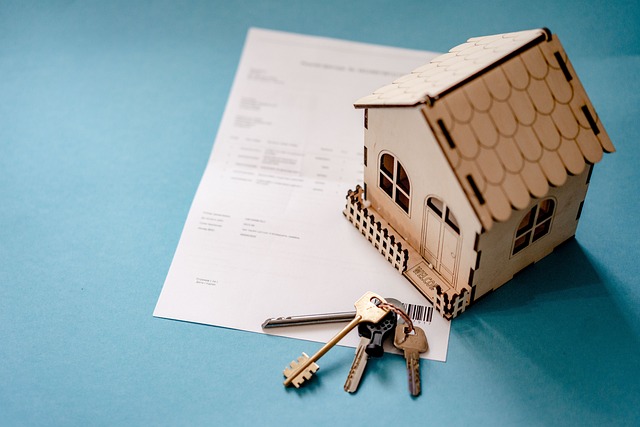

If you are thinking of buying a property in Spain, either as an investment or as a vacation home, we have good news for you. Even if you are not a resident of Spain, you have the possibility to finance the purchase of your real estate. Want to learn how non-resident financing works in Spain? We’ll tell you in this post.
The mortgage for non-residents in Spain is a loan granted by Spanish banks to persons who do not reside in Spanish territory for more than 183 days a year or who do not carry out their main activity in Spain.
As a rule, the conditions that must be met by non-residents are stricter than for mortgages granted to Spanish residents. This is simply because it is more difficult for the bank to seize assets abroad in the event of a default. Their only guarantee is the Spanish property you want to buy. For this reason, the percentage to be financed is also much lower. Banks usually offer a maximum of 60% of the purchase price. However, there are also banks that can finance up to 70% of the purchase price. This is determined after the credit check. Another important aspect is that the term of the financing is much shorter compared to mortgages in Germany, in Spain it is usually a maximum of 20 years.
Currently, interest rates for mortgages in Spain are between 3 and 5%. Spanish banks offer different types of mortgages for non-residents.
This type of mortgage allows you to always make the same monthly payment. However, the interest rate on this type of mortgage is usually higher than on variable mortgage.
In the case of variable mortgages, the installments are not constant and the interest rate payable is based on Euribor plus a differential agreed by the bank. These mortgages can become cheaper when Euribor is low. However, this is not predictable and therefore represents a greater risk.
Mixed mortgages, as the name suggests, are a mixture of the two types of mortgages explained above. This means that the quota is fixed in the first years and variable in the remaining years. Although this mortgage offers security in the first years, the adjustment of Euribor occurs only after the fixed-rate mortgage expires, which entails the risk that the financing becomes more expensive. However, the interest rate for the fixed part is usually lower than for a 100% fixed mortgage.
It depends on how much risk you want to take:
If you like to know what your expenses will be in the next few years and prefer to avoid uncertainty, the fixed-rate mortgage may be best for you.
If you prefer to pay less in the first months of the mortgage, keep an eye on the development of Euribor, and if you don’t mind a slightly higher risk in terms of the amount of your installments, the variable mortgage is right for you.
If you don’t want to be so exposed to Euribor and want peace of mind at a lower interest rate in the early years of the mortgage, the best option is the mixed mortgage.

That’s how mortgages for non-residents work in Spain. But did you know there are other financing options? Contact us and we will help you structure the financing of the purchase of a property in Spain.
Arrange here a free consultation and we will be happy to help you!
Copyright © 2024 Pienzenauer Spain. All rights reserved.